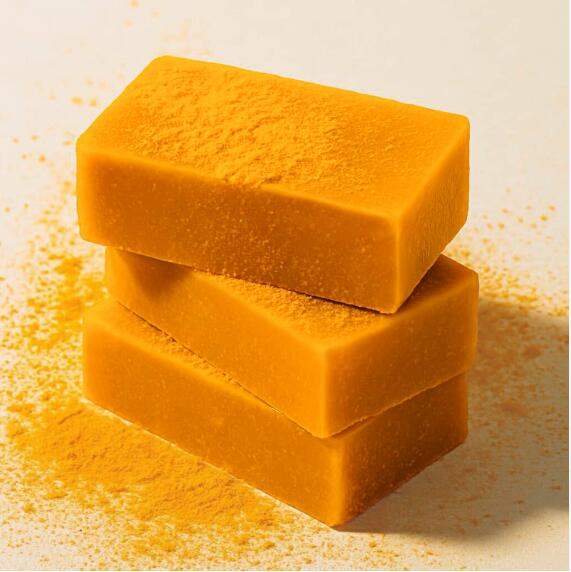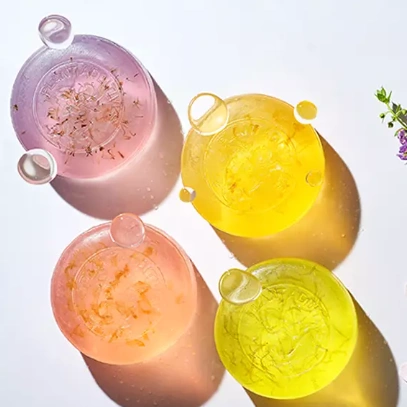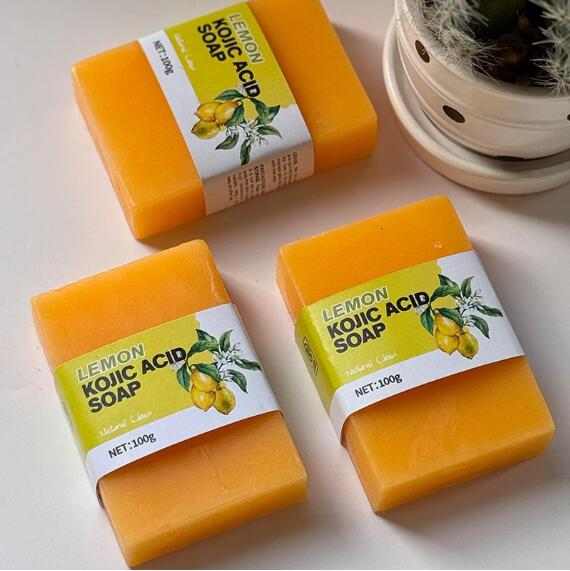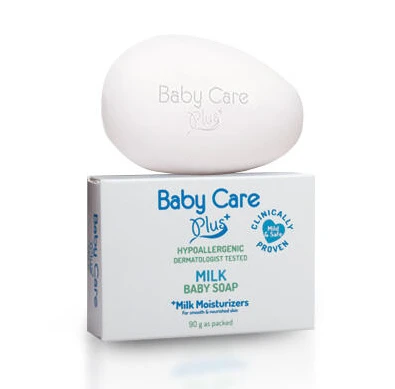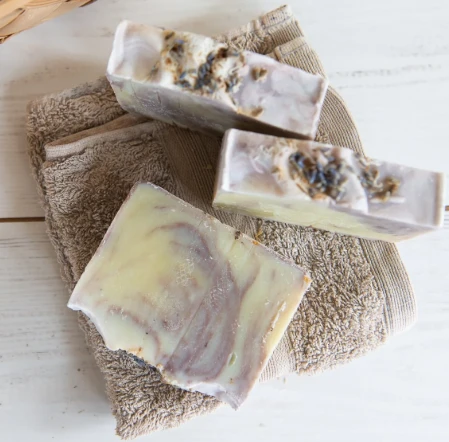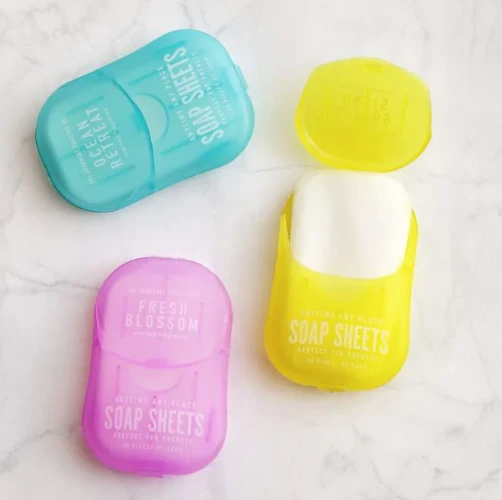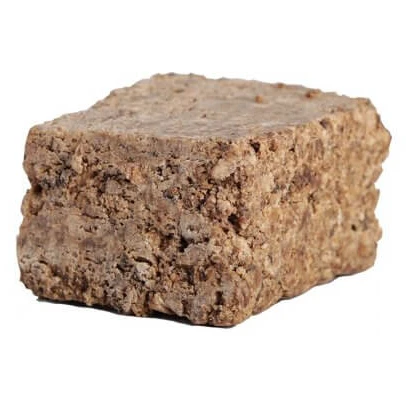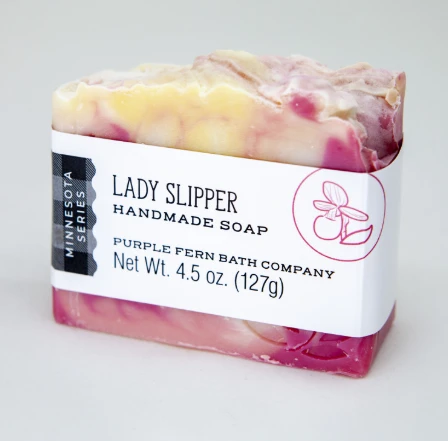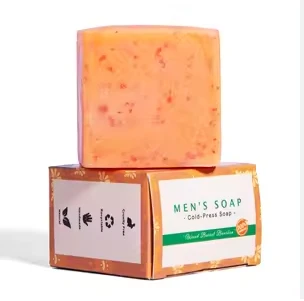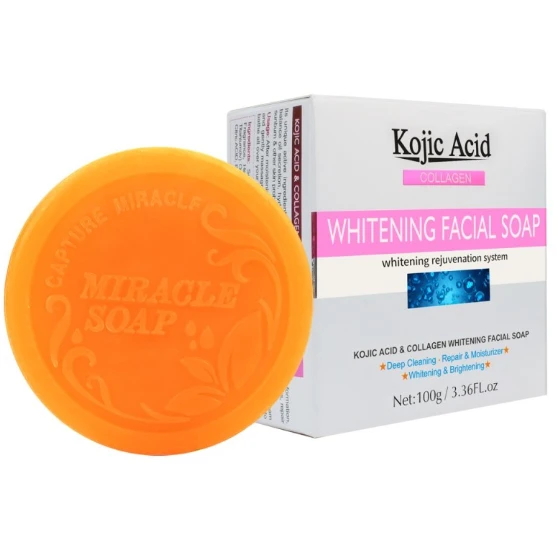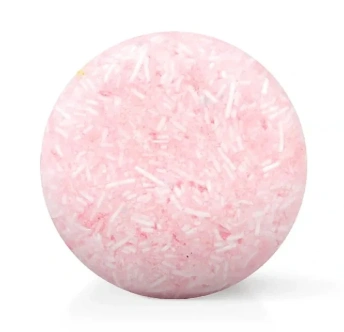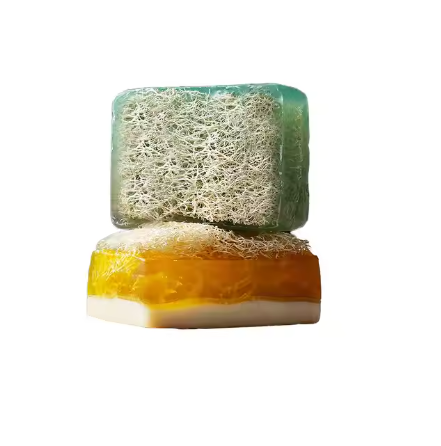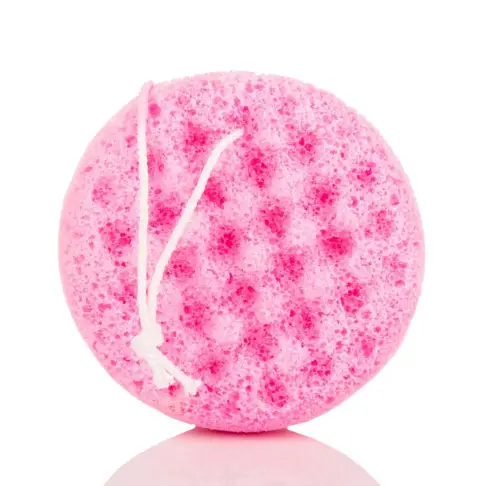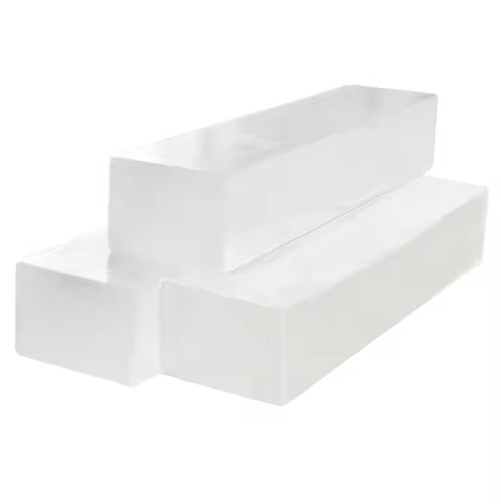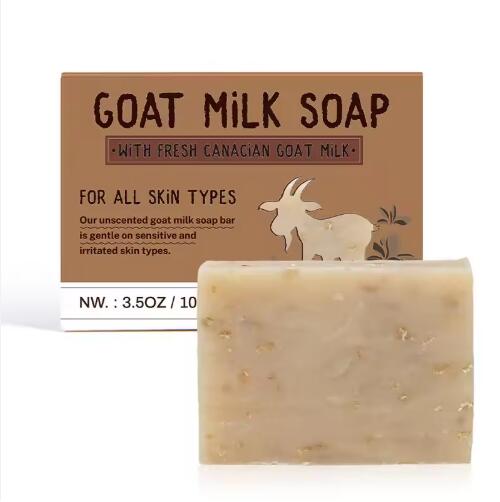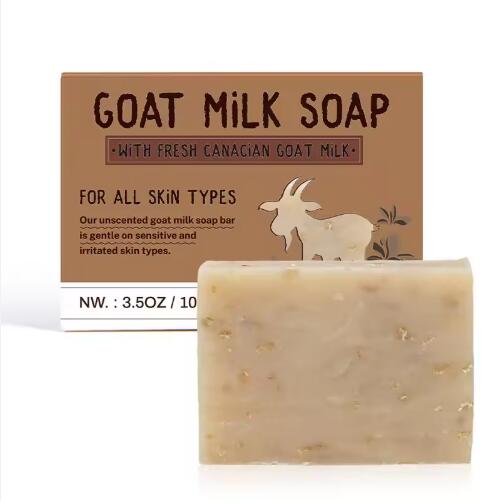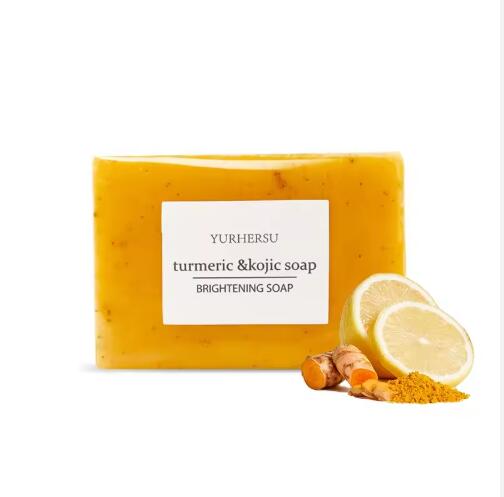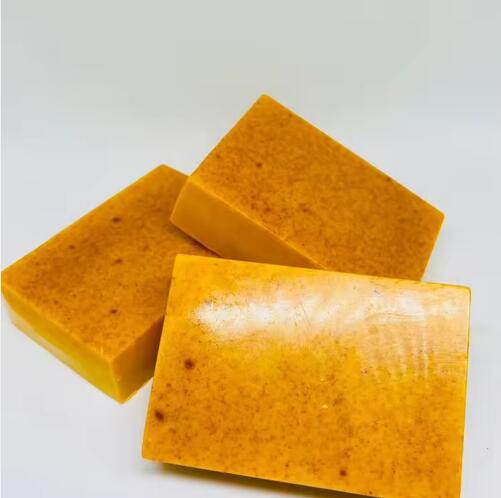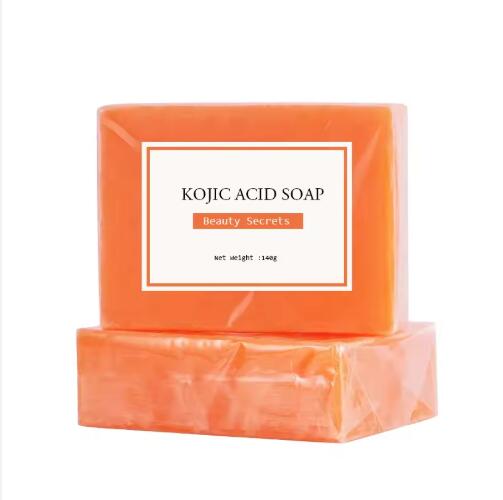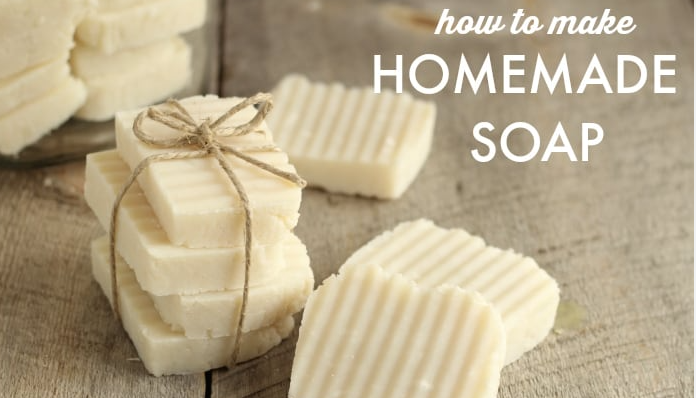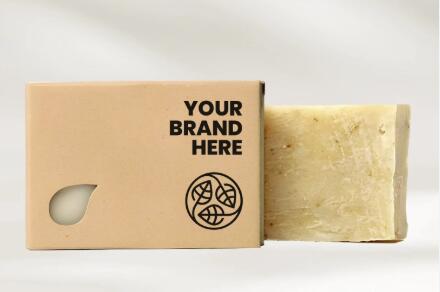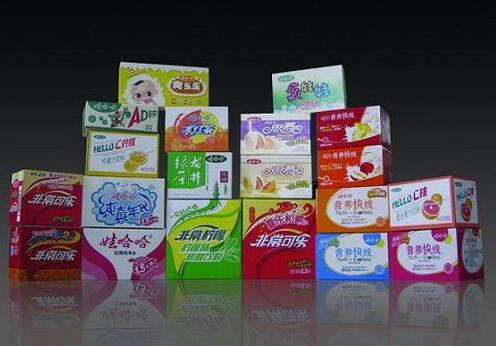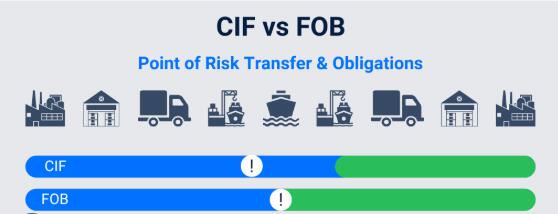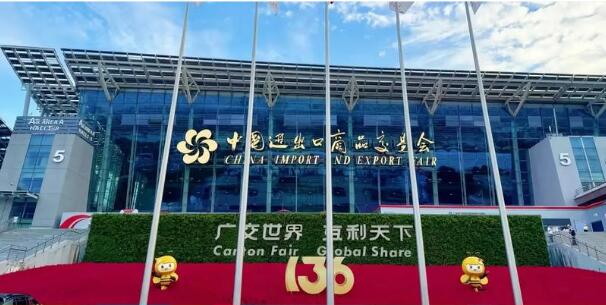Top 10 Soap Brands in China 2025
The soap market in China has changed a lot in the last ten years. It has gone from being made up of traditional household items to modern beauty must-haves. Soap is no longer just a simple cleaning product by 2025; it has become a representation of lifestyle, personal care, and even wellness trends. Chinese shoppers are looking for products that are safe, effective, and new. This includes anything from herbal and Natural Soaps to high-end overseas brands.
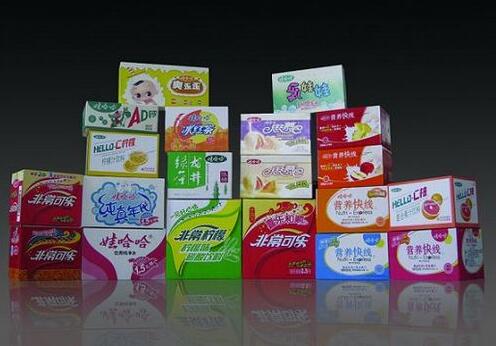
With the growth of online stores like Tmall, JD.com, and Douyin, shoppers can now choose from a greater choice of soap brands than ever before. At the same time, global firms and local manufacturers are competing with each other, which makes China one of the most active soap markets in the world.
In this article, we'll look at the Top 10 Soap Brands in China 2025 and talk about their strengths, how well they do in the market, and what makes them stand out in a market that is getting more and more competitive. This guide will help you learn about the people who are shaping the market, whether you are a skincare fan, a business owner, or someone thinking about starting a private label soap brand in China.
Overview of the Soap Market in China 2025
Changing consumer habits and a growing interest in skincare are expected to drive the Chinese soap industry to new heights by 2025. Sales of traditional mass-market soaps are still the highest, but natural, herbal, and premium soaps are growing the fastest. People are becoming more aware of what goes into the things they buy and choose products that are mild, free of chemicals, and full of plant extracts.
E-commerce is still very important for the growth of brands. Tmall, JD.com, and Douyin e-commerce are examples of platforms that let soap brands from both China and other countries access millions of customers directly. Younger people look for real evaluations and product recommendations on social media sites like Xiaohongshu (RED), which also affect their buying decisions.
Chinese customers are no longer happy with one-size-fits-all solutions, as seen by the growing desire for personalized and specialty items like whitening soaps, acne-control bars, moisturizing herbal soaps, and organic handcrafted soaps. This change has made it easier for both big corporations and new entrepreneurs to put money into new ideas and stand out from the crowd.
In short, the soap sector in China is not only growing, but it's also changing at an unprecedented rate. This is good news for both big international companies and small local brands.
Criteria for Ranking the Top Soap Brands
We looked at a mix of market success, customer trust, and product innovation when choosing the Top 10 Soap Brands in China 2025. The idea is to show off products that not only sell well, but also appeal to current Chinese shoppers.
The important things to look for are:
- Market Share and Popularity: How many sales, where they are sold, and how well-known the brand is in China.
- Product Variety: There are many sorts of soap available, such as antibacterial, moisturizing, herbal, whitening, and Handmade Soaps.
- Reputation and reviews from customers on sites like Tmall, JD.com, Douyin, and Xiaohongshu.
- Innovation and Ingredients: Using natural or organic ingredients, making skin healthier, and using packaging that is good for the environment.
- Global Presence: This means that the brand has an impact on the world or sends Chinese-made soaps to people all over the world.
- Affordability and Accessibility: Finding the right balance between quality and pricing to suit the needs of customers from all walks of life.
We make sure that the ranking shows not just the biggest names, but also the most reputable and trend-setting soap brands in China's market right now by putting these variables together.
Top 10 Soap Brands in China 2025
1. Lux (力士)
As one of the most iconic international beauty soap brands in China, Lux continues to dominate the market with its wide range of fragrant and moisturizing soaps. Known for elegant packaging and celebrity endorsements, Lux remains a symbol of everyday luxury for millions of Chinese households.
2. Safeguard (舒肤佳)
Safeguard is the leading antibacterial soap brand in China, trusted by families for decades. Its strong focus on hygiene, germ protection, and affordable pricing has made it a household essential, especially in the post-pandemic era.
3. Liushen (六神)
A beloved domestic brand, Liushen is famous for its herbal-based products that provide a cooling and refreshing experience. Its herbal soap is especially popular during summer, appealing to consumers who value traditional Chinese medicine-inspired skincare.
4. Bee & Flower (蜂花)
An old and trusted Chinese brand, Bee & Flower offers affordable soaps with a nostalgic touch. Despite its low prices, the brand has maintained popularity thanks to classic formulas, mild cleansing, and reliable quality.
5. Dove (多芬)
Positioned as a skincare-first soap brand, Dove focuses on moisturization and skin health, making it a top choice for people with dry or sensitive skin. Its combination of cleansing and nourishing benefits continues to win consumer loyalty.
6. Proya (珀莱雅 – Handmade Soap Line)
As one of China’s rising skincare giants, Proya has expanded into the soap category with handmade and natural soap collections. These products appeal to younger consumers who want premium, locally-made alternatives with strong R&D backing.
7. Herborist (佰草集)
Herborist combines traditional Chinese herbal knowledge with modern skincare science. Its premium herbal soaps are enriched with natural extracts, targeting consumers who prefer luxury wellness-oriented skincare solutions.
8. Pechoin (百雀羚)
As one of the oldest Chinese skincare brands, Pechoin has successfully modernized its product lines, including herbal soap infused with natural ingredients. The brand’s strong reputation and nationwide distribution make it a top player in 2025.
9. L’Occitane (欧舒丹)
Although an international luxury brand, L’Occitane enjoys strong demand in China, especially among urban consumers seeking premium, eco-friendly, and natural soaps. Its Provence-inspired formulas have made it a status symbol in the soap category.
10. Emerging Domestic Handmade Soap Brands
In 2025, local Chinese handmade soap brands are rapidly gaining market share through platforms like Douyin and Xiaohongshu. Many focus on organic, artisanal, and customizable products, appealing to Gen Z and eco-conscious buyers. These emerging players showcase the future of China’s soap industry—personalized and innovation-driven.
Emerging Trends in China’s Soap Market
In 2025, the soap market in China is more dynamic than ever. There are a number of important factors that will affect how consumers want to buy soap and how brands grow:
1. Ingredients that are natural and organic
People are becoming more suspicious of harsh chemicals and are selecting soaps manufactured with organic raw materials, essential oils, and herbal extracts. Brands that promote eco-friendly and non-toxic products are becoming more and more popular.
2. Soaps that work and are unique
Chinese customers increasingly want soaps that do certain things, including manage acne, whiten skin, fight aging, moisturize, and kill bacteria, instead of one-size-fits-all cleansing bars. This gives both multinational and local brands room to grow their product lines.
3. Branding for a premium lifestyle
People don't think of soap as a basic need anymore. As disposable income rises, many people are ready to pay more for luxury soaps that fit with their sense of self, health goals, and taste.
4. Growth of Customization and Private Label
More and more people are interested in private label soap brands. Many companies are working with OEM/ODM soap makers in China to create unique soap lines that appeal to specific groups of people, such as vegan-friendly bars and artisanal handmade soaps.
5. The power of social media and e-commerce
Tmall, JD.com, Douyin, and Xiaohongshu (RED) are still the biggest players in the soap retail market. Live-streaming e-commerce and social media influencers are great ways to increase soap sales and trust in your business.
How to Choose the Right Soap Brand in China
With so many possibilities in 2025, your skin type, personal tastes, and skincare objectives will all play a role in selecting the best soap brand in China. The following useful advice will assist you in making the right decision:
1. Take Your Skin Type into Account
Sensitive skin: To prevent irritation, choose gentle, fragrance-free soaps made with natural or herbal components.
For dry skin, choose hydrating soaps enhanced with olive oil, glycerin, or shea butter.
If you have oily or acne-prone skin, look for antibacterial or acne-control soaps that contain salicylic acid, tea tree oil, or bamboo charcoal.
2. Examine the list of ingredients.
Chinese customers are growing more knowledgeable about ingredients. For strong chemicals, fake perfumes, or synthetic additives, always read the label. Choose soaps with herbal, organic, or plant-based ingredients instead.
3. Align Your Values & Lifestyle
Many Chinese and international soap brands now offer vegan formulations, cruelty-free testing, and eco-friendly packaging if these are important to you. Your purchase will be in line with your personal principles if you support such brands.
4. Certifications & Trust Reviews
Look for legitimate certificates like ISO, GMP, or organic seals and pay attention to verified user evaluations when you shop online, particularly on Tmall, JD.com, and Douyin stores. These ensure authenticity and safety.
Conclusion
The Top 10 Soap Brands in China 2025 show that the market is changing quickly and is very different. These brands, from big names like Lux, Dove, and L'Occitane to smaller, well-known ones like Liushen, Bee & Flower, and Pechoin, show how history and new ideas can work together in China's soap sector. New brands of handmade and natural soap are also doing well, especially with younger customers who care about being real, being eco-friendly, and having things manufactured just for them.
In the future, the Chinese soap industry will keep being driven by natural ingredients, functional skincare advantages, and high-end lifestyle positioning. At the same time, the growth of private label soap brands and partnerships with professional OEM/ODM manufacturers in China will open up new doors for businesses and individuals who want to get into this burgeoning market.
To sum up, China is not only a big market for soaps, but it is also a centre for innovation, customization, and manufacture around the world. Brands that keep up with these developments will stay at the top of this dynamic field.
Partner with Poleview for Private Label Soap Manufacturing
As consumer demand in China shifts toward natural, herbal, and customized soaps, many businesses are exploring opportunities to launch their own private label soap brands. However, creating a high-quality product requires expertise in formulation, safety compliance, and large-scale production.
This is where Poleview Biotechnology Co., Ltd. comes in. As a professional OEM/ODM skincare and soap manufacturer in China, Poleview specializes in helping businesses develop customized soap products that align with market trends. Whether you’re looking to create a herbal bar soap, moisturizing soap, whitening formula, or luxury handmade collection, Poleview provides:
- Tailor-made formulations with natural and innovative ingredients
- Full-service OEM/ODM solutions, from product design to packaging
- Compliance with international standards to ensure safety and quality
- Flexible production capacity to support both startups and established brands
If you are considering entering the booming Chinese soap market or expanding your product line globally, Poleview Biotechnology Co., Ltd. is the ideal partner to bring your vision to life.

